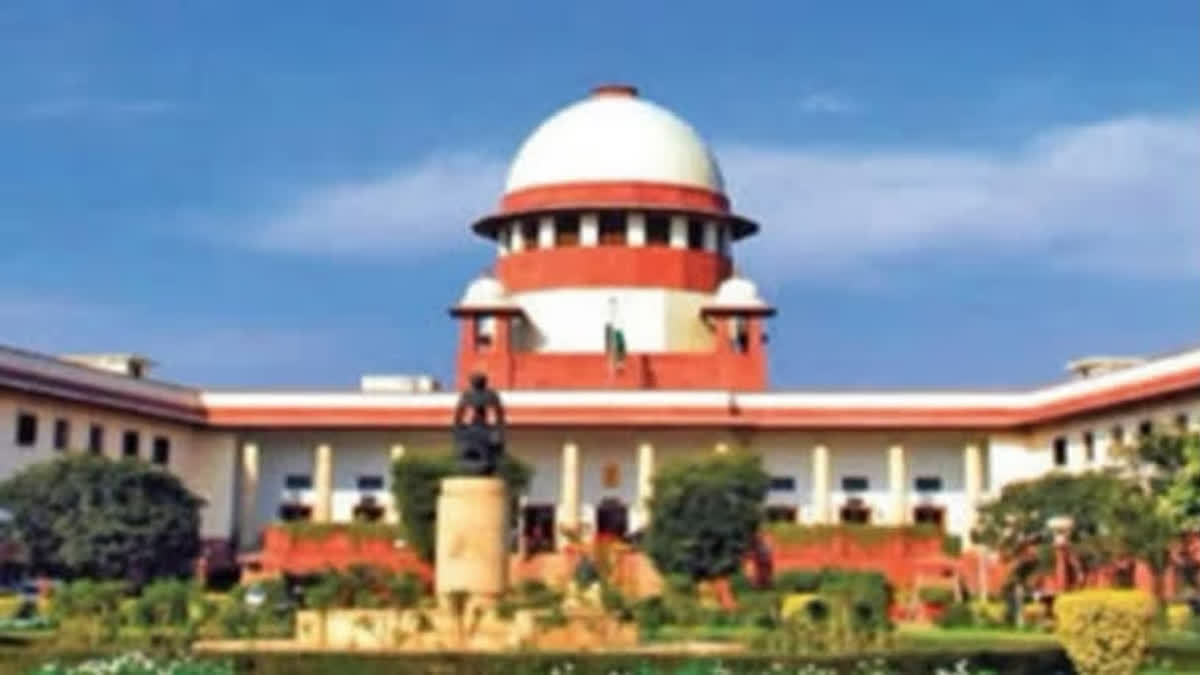New Delhi:The Supreme Court has said that trial in a corruption case can neither be stayed nor scuttled in the middle on the ground of absence or invalid sanction. A bench comprising justices Aniruddha Bose and Bela M Trivedi said an interlocutory application seeking discharge in the midst of a trial is not maintainable.
“Once the cognizance was taken by the Special Judge and the charge was framed against the accused, the trial could neither have been stayed nor scuttled in the midst of it in view of Section 19(3) of the said Act”, said the bench. The bench said, “In the instant case, though the issue of the validity of sanction was raised at the earlier point of time, the same was not pressed for. The only stage open to the respondent-accused in that situation was to raise the said issue at the final arguments in the trial in accordance with law”.
The apex court allowed an appeal filed by the Karnataka Lokayukta challenging the High Court delivered on August 16, 2018, discharging the accused from the offences charged under Section 13(1) (e) read with Section 13(2) of the Prevention of Corruption Act. The top court said the findings recorded by the special judge could not have been and should not have been reversed or altered by the High Court in the petition filed by the respondent challenging the said order of the special judge, in view of the specific bar contained in sub-section (3) of Section 19. “And that, too, without recording any opinion as to how a failure of justice had in fact been occasioned to the respondent-accused as contemplated in the said sub-section (3)”, said the bench.
